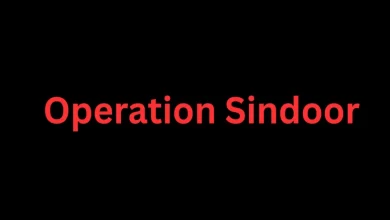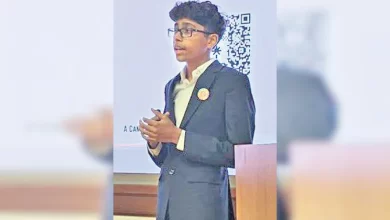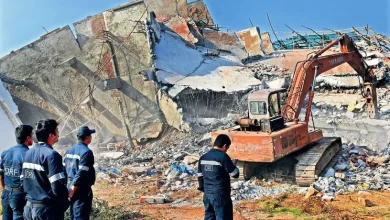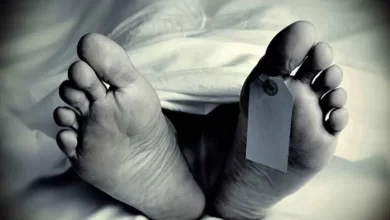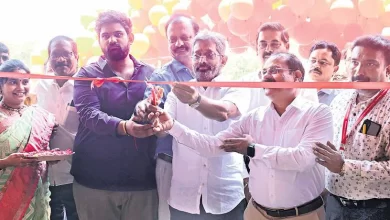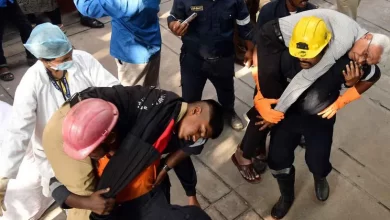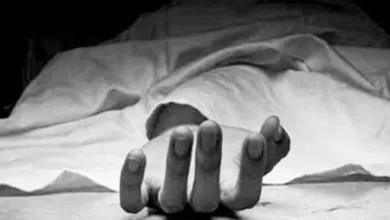This Hyderabad artist is giving voice to voiceless through leather art
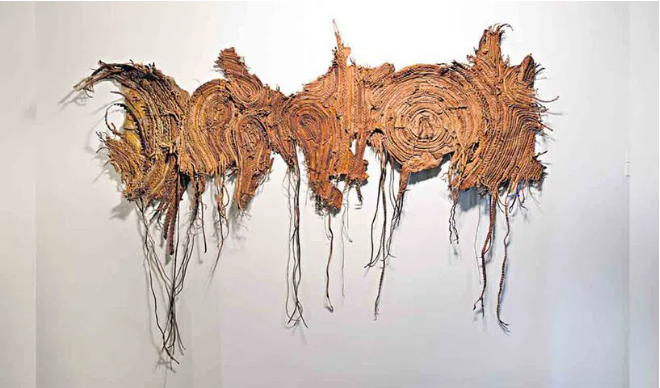
Hyderabad: Art holds a unique space for stirring civic consciousness and becoming the voice of the voiceless. Influenced by his background and the discrimination he faced as a Dalit, artist Madhukar Mucharla’s medium and the portrayal of his art hugely reflects the socio-cultural issues of the marginalised communities.
The artist is currently displaying his artworks at ‘Triloka’ expo at Shrishti Art Gallery at Jubilee hills along with Karnataka based artist, Rohan Vinod Anvekar and Kolkata based artist Jayeeta Chatterjee.
The exhibition has kick-started on Saturday and will be open to people till October 24.
Speaking to Telangana Today, Madhukar shares bits and pieces of his journey and his art work with leather.
Hailing from Nandiwanaparthy, a village near Hyderabad, Madhukar chose leather as his medium to depict stories of his community. With leather work being an ancestors’ occupation of his family, Madhukar grew up watching his father make leather products and has been subjected to the practices of caste system from a very young age.
“Leather has been typically stigmatised as impure and was associated with untouchability that led to generations of social discrimination against communities that worked with leather products,” says the 27-year-old. He added that he attempts to overturn the stigma associated with the material by bringing it to mainstream art practice.
Madhukar explains that each of his works may take months, as the process involves him drawing the sketch on the floor, spread leather pieces on it, and to check from a ladder if they work together. Only then does he proceed to cut patterns on leather and stitch them.
Stating that it was not an easy journey for him, mainly because of the material he chose— Leather has a bad odour and is difficult to contain in extreme temperatures, Madhukar says that he would not stop telling the stories of his community, no matter how hard it can get for him.
“I wish people recognize and appreciate me for the effort I put into my work, and simply not negate all of it by just seeing me as a ‘leather guy’. Caste discrimination still is prevalent in many villages including mine. Change cannot come overnight but I hope it comes someday,” he concludes.

